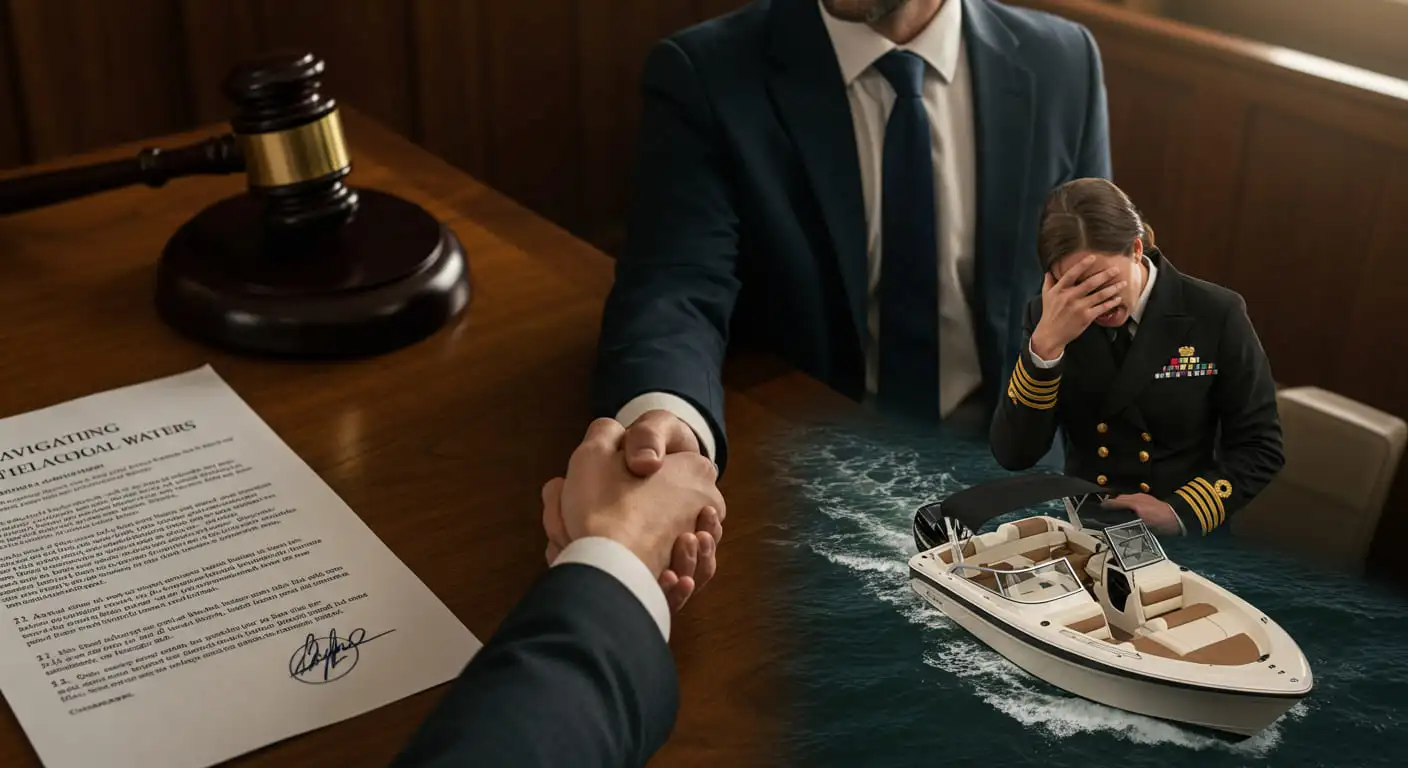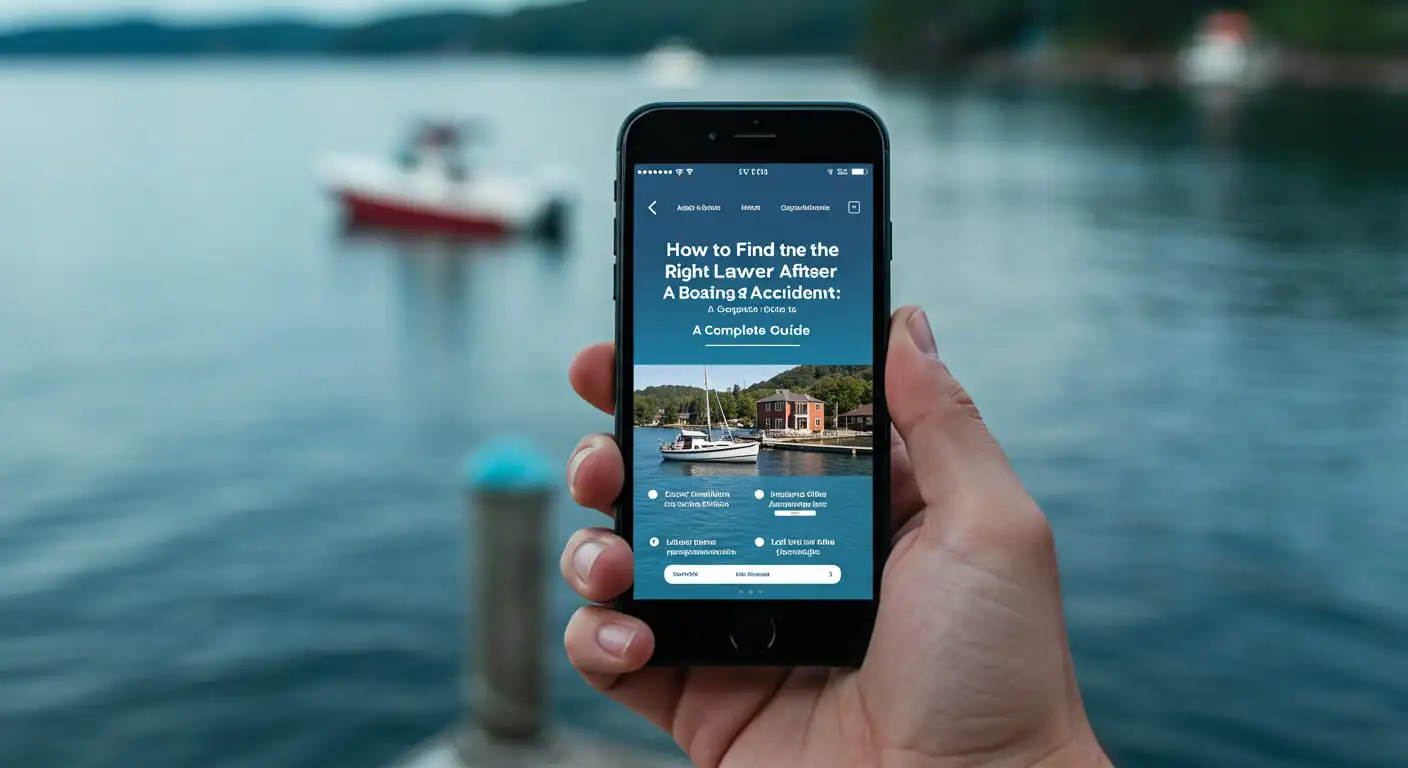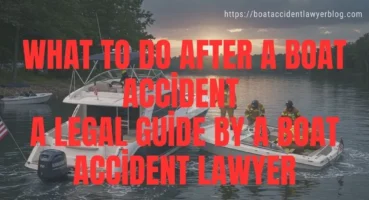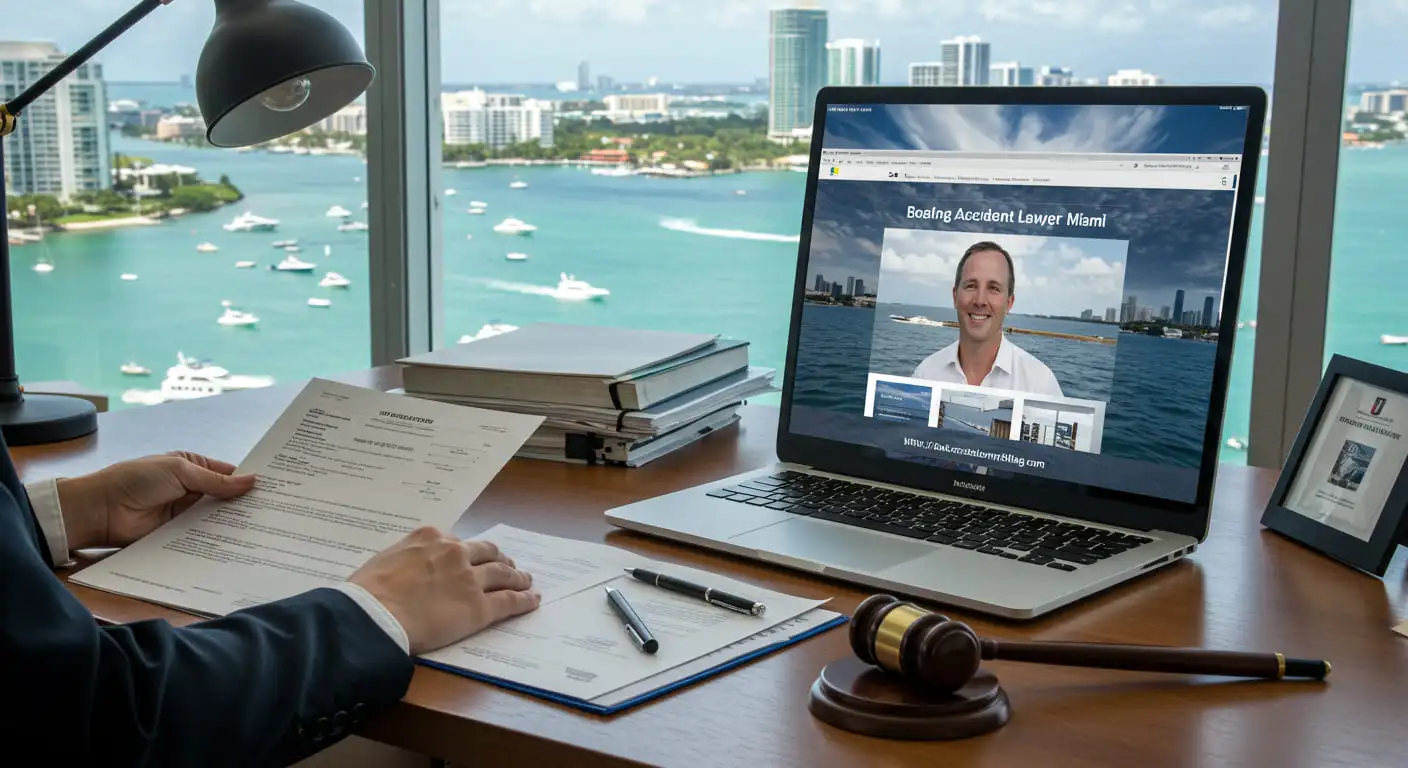Explore how maritime law affects your boat accident claim and discover how to secure the compensation you deserve.
When an accident occurs on the water, it’s not just about the damages or injuries—it’s about the laws that govern the incident. Unlike typical personal injury claims on land, maritime law introduces a unique set of rules and procedures. Understanding how maritime law influences your boat accident claim is crucial in protecting your rights and ensuring you receive fair compensation.
Whether you’re a passenger, crew member, or boat operator, being injured at sea brings complexities that require specialized legal insight. This article explores the major aspects of maritime law that shape your claim, the legal process, and the support you may need.
What Is Maritime Law?
Maritime law, also known as admiralty law, governs legal issues that occur on navigable waters. These include oceans, rivers, and lakes that are used for commerce. Unlike general tort law, maritime law is a specialized field that blends international treaties, federal statutes, and long-standing legal precedents.
Some common issues covered under maritime law include:
- Collisions between boats
- Injuries to seamen or passengers
- Cargo loss or damage
- Pollution and environmental damage
- Salvage rights
When you’re pursuing a boat accident claim, maritime law takes precedence over state laws if the accident happened on navigable waters.
Key Principles of Maritime Law That Impact Boat Accident Claims
Maritime law encompasses specific doctrines that can significantly affect how your case is handled and the type of compensation you may receive. Here are several key principles:
1. The Jones Act
If you’re a crew member injured at sea, the Jones Act gives you the right to sue your employer for negligence. This federal statute covers workers on commercial vessels and mandates that employers provide a reasonably safe workplace.
Unlike workers’ compensation laws, the Jones Act allows for pain and suffering damages, in addition to lost wages and medical bills. Seeking injured at sea legal advice is essential if your accident falls under this law.
2. Maintenance and Cure
“Maintenance and cure” refers to a shipowner’s obligation to pay for a seaman’s medical treatment (cure) and basic living expenses (maintenance) until maximum recovery is reached. You don’t have to prove fault to receive these benefits, making them a critical part of many boat accident claim strategies.
3. Unseaworthiness
A vessel must be reasonably fit for its intended purpose. If an unsafe condition on the boat contributed to your injury, you may have grounds to claim the vessel was “unseaworthy.” Proving unseaworthiness often requires technical inspections and expert testimonies, so securing injured at sea legal advice can be crucial.
Jurisdiction and Filing Your Boat Accident Claim
One of the most confusing aspects for claimants is jurisdiction—which court has the authority to hear your case. Maritime claims can often be filed in federal or state court, depending on the circumstances. However, filing in the wrong venue could delay your case or limit your recovery options.
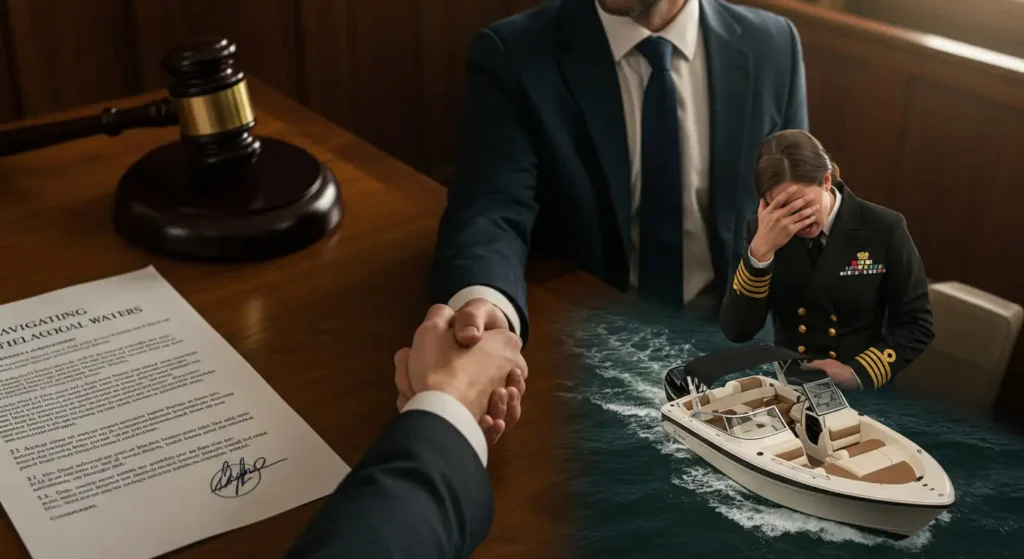
There are also time limits for filing maritime claims. These vary depending on the type of accident, the parties involved, and the law under which you’re filing (e.g., Jones Act vs. general maritime law). Typically, the statute of limitations is three years, but it’s always best to consult an attorney early.
Determining Fault in a Maritime Accident
Determining fault is a key step in any boat accident claim. Maritime law uses a principle called “comparative fault,” which means that each party’s degree of responsibility will affect the compensation awarded. For example, if you were 20% at fault for the accident, your compensation may be reduced by that amount.
Common causes of boat accidents include:
- Operator inattention or inexperience
- Alcohol or drug use
- Mechanical failure
- Weather conditions
- Violations of navigation rules
Thorough investigations often require accident reconstructions, witness interviews, and analysis of maintenance records. If you’re injured at sea, gathering this evidence promptly is essential for building a strong case.
Types of Compensation Available Under Maritime Law
Maritime law allows for a range of damages depending on your status (passenger, crew member, etc.) and the nature of your injuries. Potential compensation in a boat accident claim may include:
- Medical expenses (current and future)
- Lost wages and loss of earning capacity
- Pain and suffering
- Emotional distress
- Loss of enjoyment of life
- Disfigurement or disability
Crew members might also claim maintenance and cure or sue under the Jones Act for negligence. Passengers generally pursue claims under general maritime negligence laws. In either case, consulting with a professional who provides injured at sea legal advice ensures your claim includes all possible damages.
Special Considerations for Recreational Boating Accidents
If you were involved in a recreational boating accident rather than a commercial one, your claim may still fall under maritime law—especially if it occurred on navigable waters. These cases often involve:
- Speedboats
- Jet skis
- Sailboats
- Yachts
Recreational boating claims typically hinge on negligence. For example, a boat operator who fails to carry life jackets or ignores weather advisories may be held liable. If the boat owner rented the vessel without proper safety checks, liability may extend to them as well.
While recreational claims are less complex than commercial ones, they still benefit greatly from injured at sea legal advice, particularly when maritime law applies.
Why You Need a Maritime Lawyer
Maritime law is a specialized field with unique procedures, deadlines, and evidentiary standards. Trying to navigate a boat accident claim without proper legal representation can jeopardize your compensation.
A maritime lawyer can help you by:
- Identifying the proper jurisdiction
- Determining applicable laws (Jones Act, unseaworthiness, etc.)
- Gathering and preserving key evidence
- Calculating full damages
- Representing you in settlement negotiations or court
Hiring an attorney who specializes in injured at sea legal advice ensures your case is handled efficiently and that your rights are protected.
How to Strengthen Your Boat Accident Claim
Here are a few proactive steps you can take if you’re involved in a boat accident:
- Seek medical attention immediately. Even if injuries seem minor, a medical report will support your claim.
- Document everything. Take photos of the scene, injuries, equipment, and anything else that might support your story.
- Report the incident. File an official report with the appropriate maritime authority or Coast Guard.
- Avoid signing documents. Don’t sign releases or statements without consulting a lawyer.
- Contact a maritime attorney. Specialized injured at sea legal advice ensures you don’t overlook key rights or deadlines.
Conclusion
Your rights and potential compensation after a boating accident depend heavily on how maritime law applies to your case. From defining fault to determining what damages you can claim, this complex legal framework can be challenging without expert guidance.
If you’ve been involved in a boat accident—whether as a crew member, passenger, or operator—don’t wait. Consult a legal professional who specializes in injured at sea legal advice. They can help you file a successful boat accident claim and ensure you receive the full compensation you deserve.
Best Boat Accident Lawyer Blog
Leave a reply


